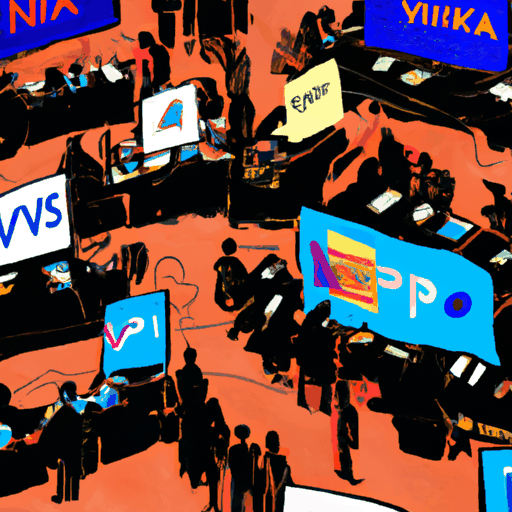
Venezuelans Turn to VPNs Amid Government's Crackdown on Binance Access
By: Eva Baxter
Binance has recently confirmed that the Venezuelan government has imposed access restrictions on its website, adding to the turmoil following the controversial presidential election results. The exchange assured users that their funds remain secure and that they are closely monitoring the situation.
Binance, the largest crypto exchange by trading volume globally, plays a pivotal role in Venezuela where it operates as the primary platform for peer-to-peer transactions of stablecoins like USDT and Bitcoin due to the severe devaluation of the local currency, the bolivar.
Local advocacy group VE sin Filtro has advised Venezuelans to use virtual private networks (VPNs) to bypass the government-imposed blockade on the crypto platform. Concerns however have been raised by some Venezuelans about the potential risks associated with using such tools. Users question whether employing VPNs might negatively impact their accounts on Binance.
Meanwhile, Venezuelan journalist Jose Antonio Lanz highlighted these concerns, questioning whether Binance enforces an equal policy globally or discriminates based on the country's regulations. As of the latest update, Binance has yet to comment on this issue.
Impact on Social Media Platform X
In addition to targeting Binance, President Nicolás Maduro has extended his restrictions to the social media platform X by imposing a 10-day ban. Maduro accused X's owner Elon Musk of “inciting hate and fascism” and directed the telecommunications regulator Conatel to remove the platform from circulation.
This action comes after election authorities declared Maduro the winner of the July 28 presidential election, a decision met with significant opposition. The opposition claims that their candidate, Edmundo González, actually won the majority of the votes. They have even published a website to substantiate their claims.
Furthermore, the United States has officially rejected the election results, asserting their stance by saying: “It is clear to the United States and, most importantly, to the Venezuelan people that Edmundo González Urrutia won the most votes in Venezuela’s July 28 presidential election.” The controversial election and the subsequent crackdowns on digital platforms have caused significant unrest among Venezuelan citizens, highlighting the growing importance of cryptocurrencies and VPNs in evading governmental controls.



